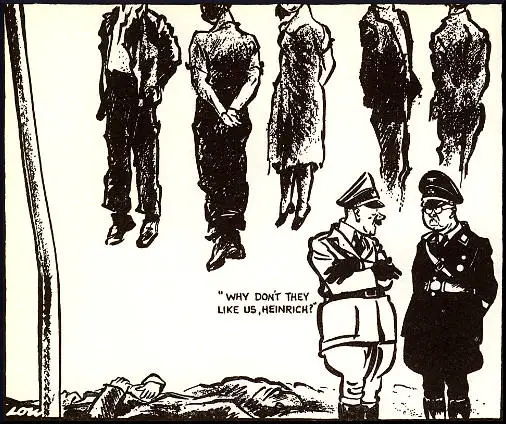Weird Harold
Opinionated Old Fart
- Joined
- Mar 1, 2000
- Posts
- 23,768
Learned from a webcomic, of all places:
more at: http://en.wikipedia.org/wiki/Trobairitz
The trobairitz (Occitan pronunciation: [tɾuβajˈɾits]) were Occitan female troubadours of the 12th and 13th centuries, active from around 1170 to approximately 1260.[1] The word trobairitz was first used in the 13th-century romance Flamenca. It comes from the Provençal word trobar, the literal meaning of which is "to find", and the technical meaning of which is "to compose".[2] The word trobairitz is used very rarely in medieval Occitan, as it does not occur in lyrical poetry, grammatical treatises, or in the biographies of the trobairitz or troubadours.[3] Trobairitz composed, wrote verses, and performed for the Occitan noble courts. They are exceptional in musical history as the first known female composers of Western secular music; all earlier known female composers wrote sacred music.[4] The trobairitz were part of courtly society, as opposed to their lower class counterparts the joglaressas.[5]
more at: http://en.wikipedia.org/wiki/Trobairitz








